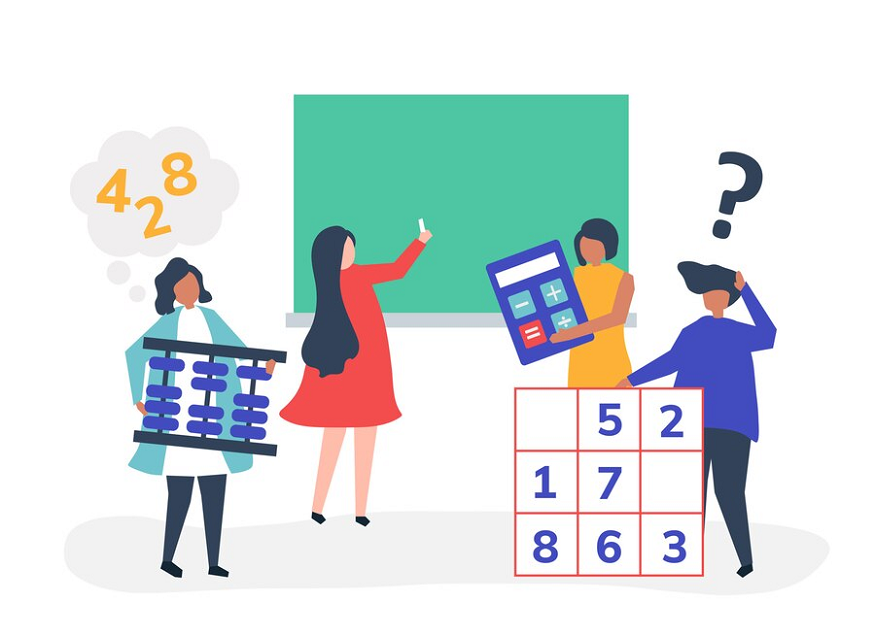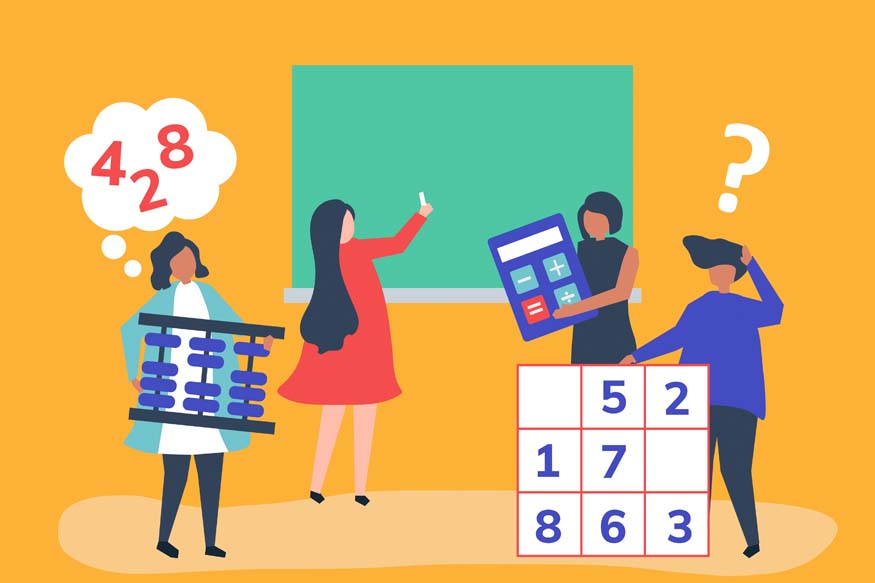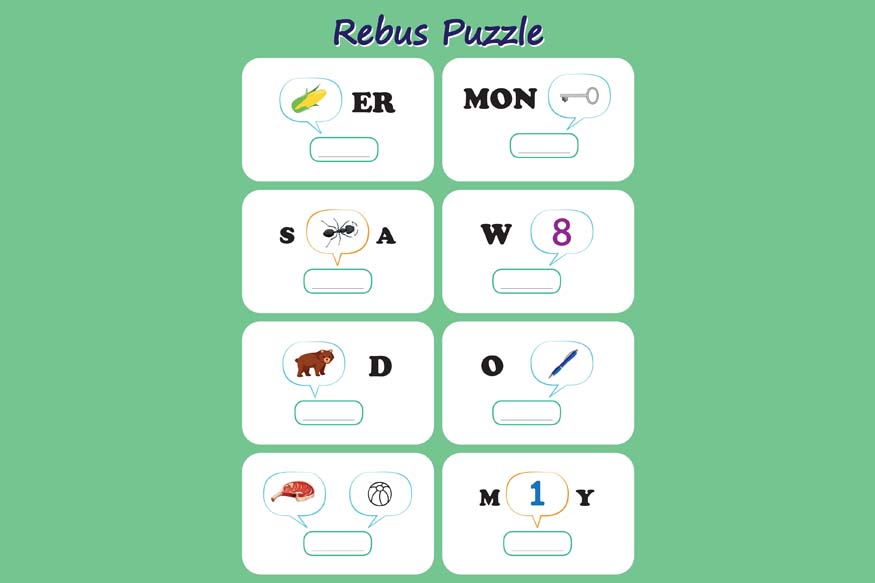Math is essential in our daily lives. We use it daily, whether to plan our expenses or to keep track of time. Understanding basic math helps us perform everyday tasks better. Basic math skills are the essential math abilities taught in elementary and middle school. These skills include addition, subtraction, multiplication, and division. Basic math also covers learning about shapes, patterns, fractions, decimals, percentages, exponents, ratios, scientific notation, and formulas. As students advance in their education, they build on these skills, making math more complex with each grade.
The math problems students learn in school relate to real-life situations, like shopping, cooking, or handling bank loans. Additionally, math can involve skills for working with data, such as measuring, graphing, and finding relationships in the data. Math is also important in science, where both basic math and data skills are used in higher-level courses like chemistry and physics.
Fundamentals of Math
The basics of math are essential for students to build a strong math foundation. Learning math depends on grasping these key concepts. If kids do not understand division or subtraction well, they will find algebra difficult. Thus, children must have a clear understanding of all math fundamentals.
- Addition and Subtraction of Whole Numbers
- Multiplication and Division of Whole Numbers
- Exponents, Roots, and Factorization of Whole Numbers
- Introduction to Fractions and Multiplication and Division of Fractions
- Addition and Subtraction of Fractions, Comparing Fractions, and Complex
- Fractions
- Decimals and Fractions
- Ratios and Rates
- Techniques of Estimation
- Measurement and Geometry
- Signed Numbers
- Algebraic Expressions and Equations.
Examples of Basic Math Skills
Basic Arithmetic
Basic arithmetic is the core of all math skills. It covers addition, subtraction, multiplication, and division. Students need to learn these basic skills well to prepare for more complex math topics later on.
Fractions, decimals, and percentages
Fractions, decimals, and percentages are important math skills used in everyday situations like figuring out discounts, taxes, and interest rates. Students need to grasp how these three concepts are related and how to change one into another.
Algebra
Algebra is an essential math skill used in various jobs like engineering, science, and finance. Students need to learn how to solve equations, simplify expressions, and work with variables.
Geometry
Geometry is a key math skill important in many jobs like architecture, engineering, and design. Students need to grasp basic ideas in geometry, including angles, lines, and shapes, and learn how to apply them to solve problems.
Trigonometry
Trigonometry is a key area of math that looks at how angles relate to lengths, heights, and distances. It is used in many fields such as architecture, physics, surveying, electronics, satellite navigation, astronomy, and engineering.
Data Analysis
Analysing data is a key math skill important in various jobs like business, finance, and science. Students need to learn how to gather and understand data, as well as how to use graphs and charts to show that data.
Problem-solving
Solving problems is a key math skill. It means figuring out what the problem is, choosing the right math ideas, and using them to find a solution. Students need to practice these skills often to gain confidence and get better at tackling difficult math problems.
Critical thinking
Critical thinking is a key math skill that means looking at information carefully, drawing logical conclusions, and spotting patterns and connections. Students need to build these skills to better analyse and solve problems.
Tips and Tricks to Learn Math
Math is a broad subject, but there are ways to learn it quickly. These strategies can help students progress in their math studies.
Understand the Basics: The first step in learning math is to have a solid grasp of the fundamentals. This understanding will speed up your learning and connect different math topics.
Set Goals: Once you know the basics, define what you want to focus on. With clear goals, you can start working on them. Look for different resources to help you master those areas.
Practice Regularly: Math needs consistent practice. Following a study routine will help you understand concepts more effectively.
Seek Help: It is important to stay on the right path to achieve good results. If you are unsure about certain topics, do not hesitate to ask your teacher or a math tutor for assistance.
Basic math skills are important for daily life and are the building blocks for more complex math ideas. These skills include adding, subtracting, multiplying, dividing, working with fractions, and understanding percentages. You can get better at these skills by practising regularly, using learning tools, and applying math in everyday situations.
At Center Point School, we focus on the need for strong math skills by creating a helpful learning space and offering special programs. Our committed teachers and creative teaching styles make sure that students not only understand basic concepts but also enjoy math. By encouraging critical thinking and problem-solving skills, Center Point School gets students ready for academic achievements and future challenges.





